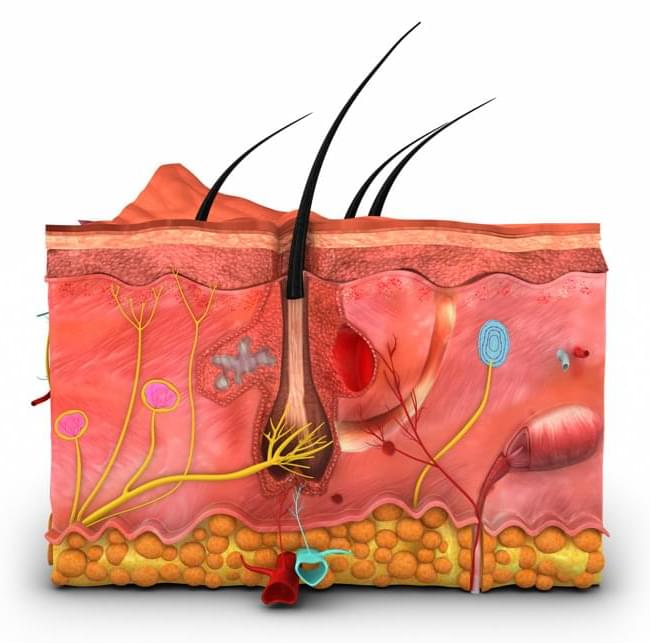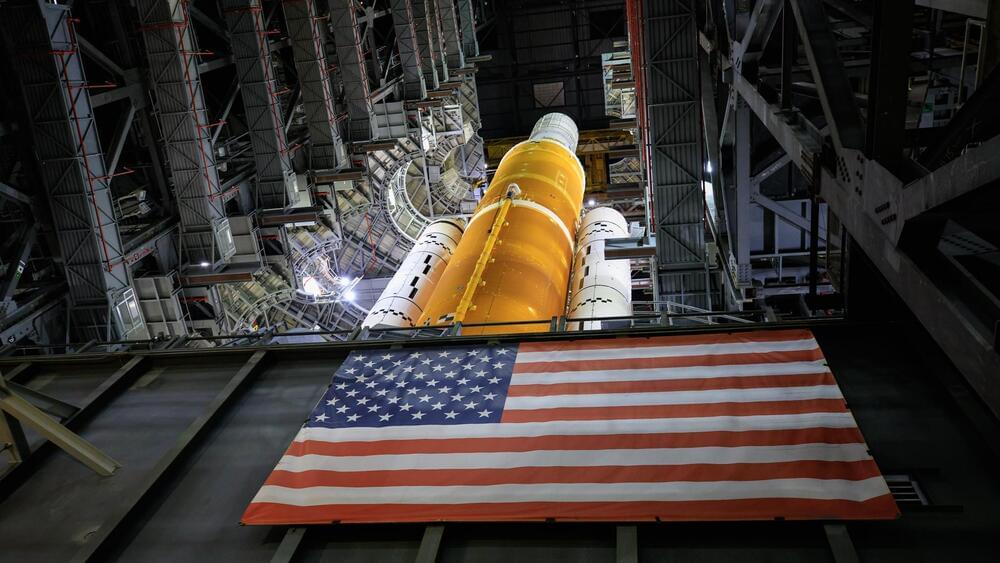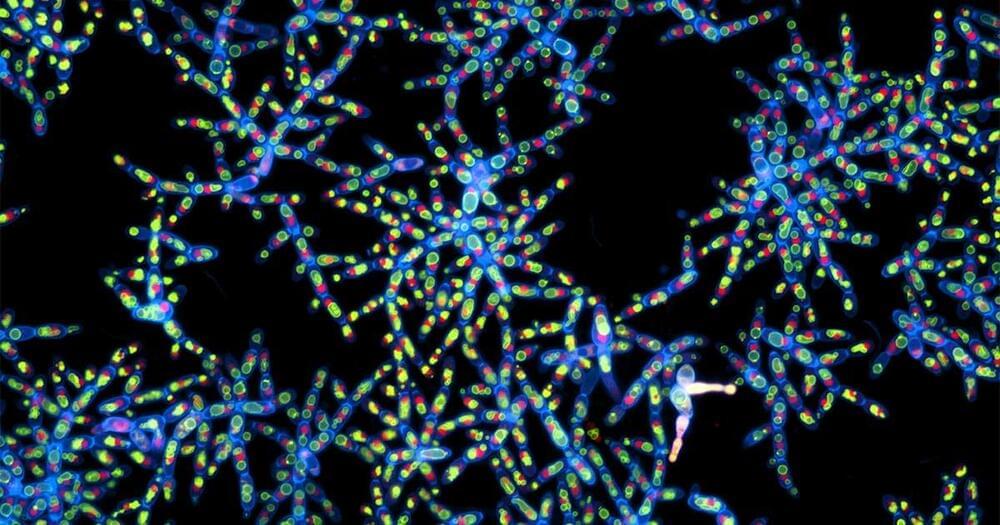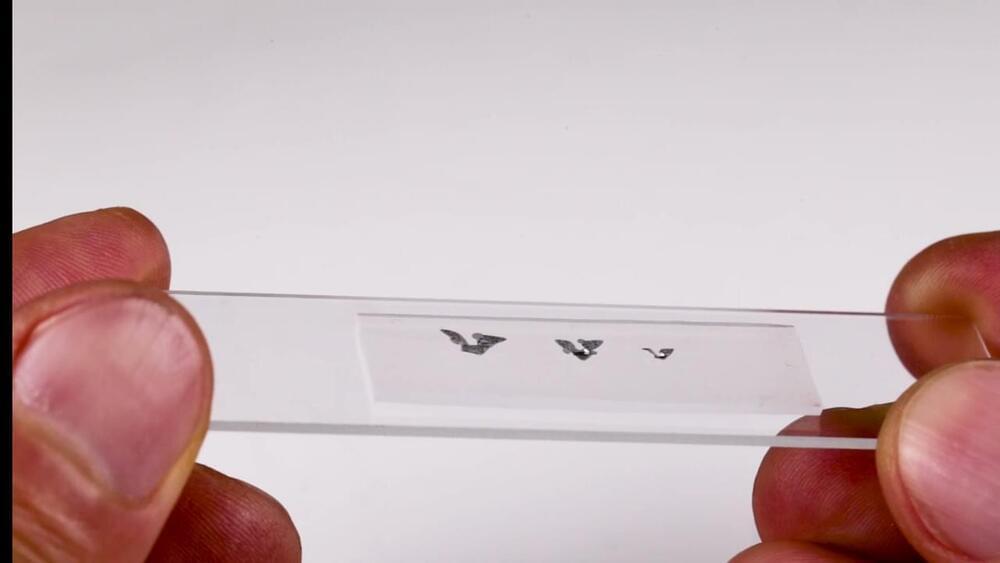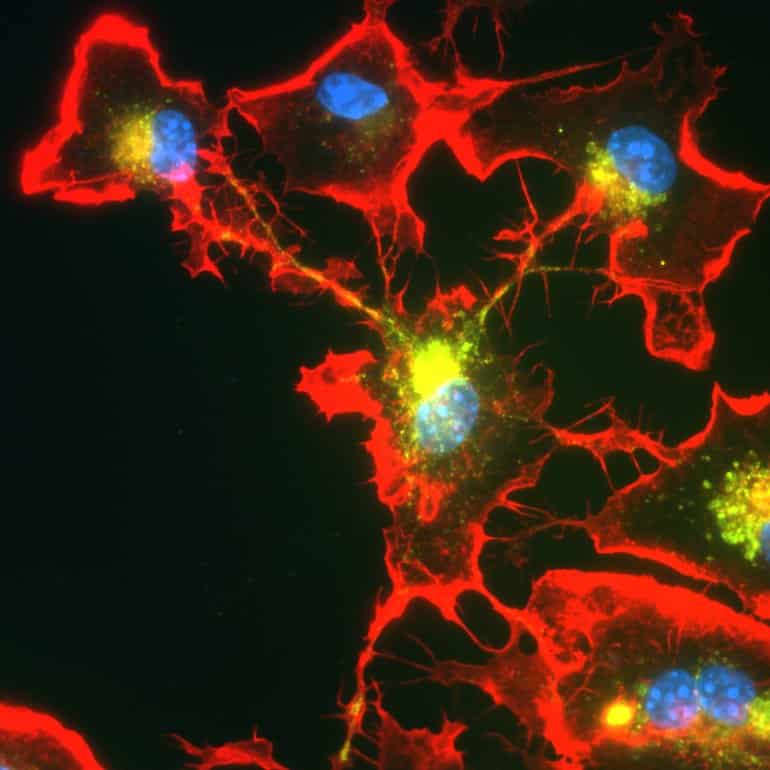Back in 2,014 the World Health Organization (WHO) warned that within a decade, antibiotic-resistant bacteria could make routine surgery, organ transplantation, and cancer treatment life-threateningly risky — and spell the end of modern medicine as we know it.
Antibiotics are a cornerstone of modern medicine, used to treat infections and to protect vulnerable patients undergoing surgery or chemotherapy. The world desperately needs new antibiotics, and Covid-19 has only exacerbated the problem.
In our search for new antibiotics, we have focused on fungi, especially those found only in Aotearoa New Zealand. Our latest research describes the discovery of fungal compounds able to kill Mycobacteria, a family of slow-growing bacteria that includes another important global airborne killer — Mycobacterium tuberculosis — which causes the lung disease tuberculosis and kills thousands of people around the world each day.


